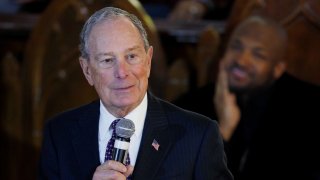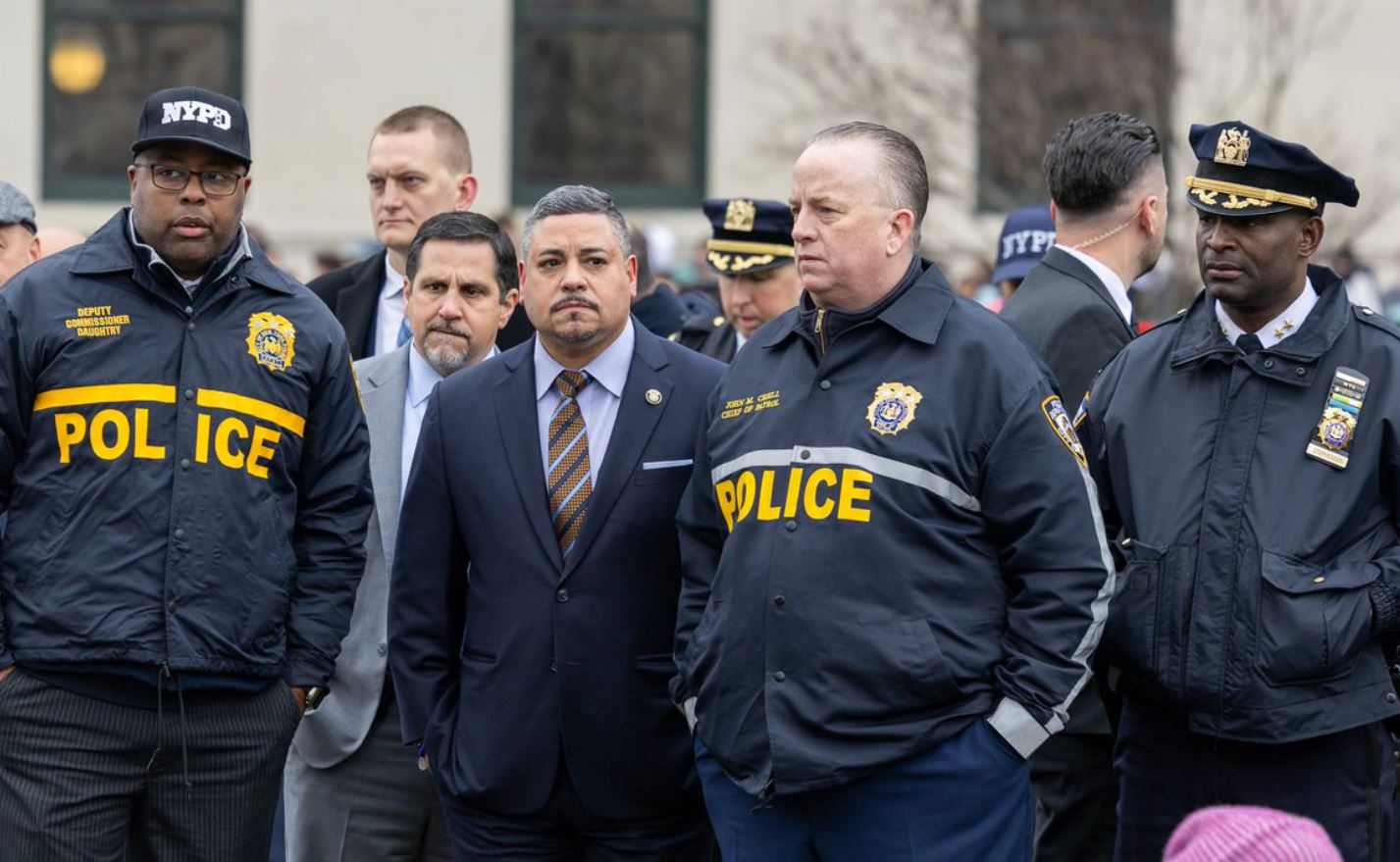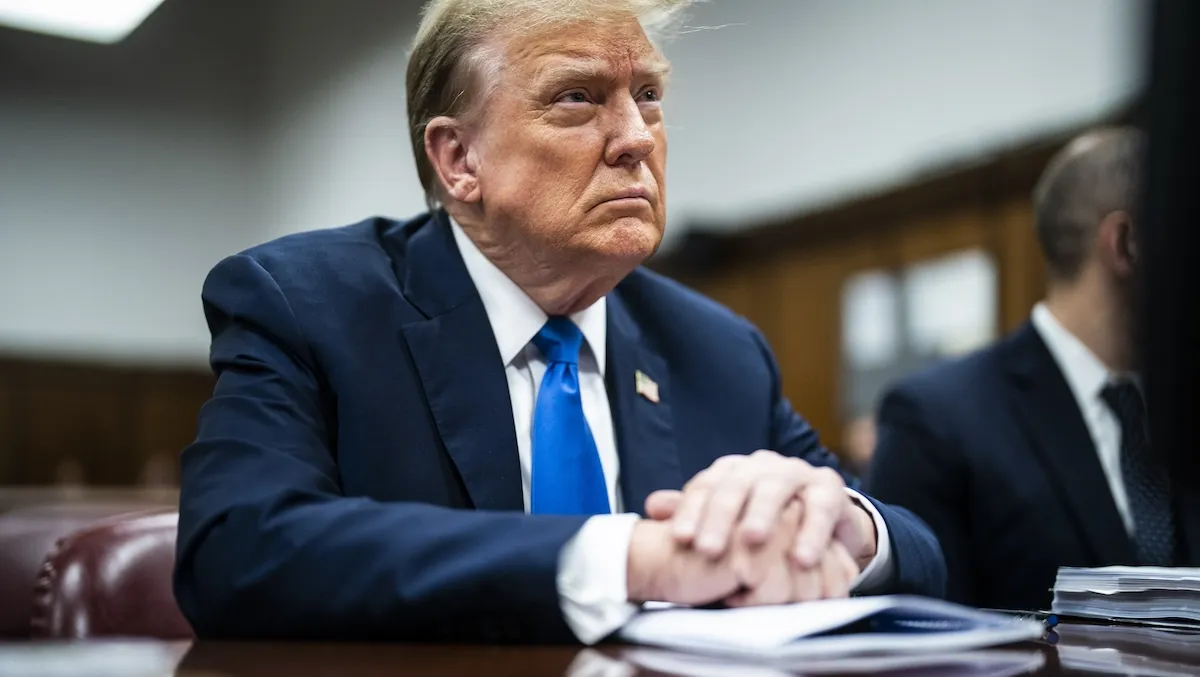
What to Know
- Democratic presidential candidate Michael Bloomberg made a a pitch to African-American voters in the nation's heartland
- The former New York City mayor visited a black church and a cultural center in Tulsa
- Bloomberg released details of an economic plan aimed at increasing the number of black-owned homes and businesses
Democratic presidential candidate Michael Bloomberg made a pitch to African American voters the day before the national holiday honoring Martin Luther King Jr., visiting a black church in Tulsa, the site of a race massacre nearly 100 years ago that left hundreds dead and the city’s thriving African American community in rubble.
The former New York City mayor spoke out against racial income inequality and outlined an economic proposal aimed at increasing the number of black-owned homes and businesses. The plan includes a $70 billion investment in the nation’s most disadvantaged neighborhoods.
“I do believe the next president has to make the issue of economic inequality a top priority, and there’s no better place for me to talk about it than right here in Greenwood," Bloomberg told parishioners Sunday at the Vernon African Methodist Episcopal Church.
Bloomberg described the initiative as a "plan for righting what I think are historic wrongs and creating opportunity and wealth in black communities.”
The plan offers incentives for investment in underserved communities, increases support for black-owned banks and ties federal housing money to progress in reducing segregation. It would require bias training for police, teachers and federal contractors, and address voter disenfranchisement practices such as ID requirements, poll purging and gerrymandering.
“As someone who has been very lucky in life, I often say my story would only have been possible in America, and I think that’s true," Bloomberg said later during a speech to several hundred people at the Greenwood Cultural Center. “But I also know that my story would have turned out very differently if I had been black, and that more black Americans of my generation would have ended up with far more wealth, had they been white."
News
Bloomberg also pledged to back a commission to study whether black Americans should receive reparations for slavery.
Bloomberg faced some criticism in November for visiting a black church in Brooklyn just days before launching his presidential bid, when he apologized for his longstanding support of the controversial “stop-and-frisk” police strategy he embraced as mayor that disproportionately impacted people of color.
The visit to Oklahoma, a Super Tuesday state whose primary is March 3, keeps with Bloomberg’s strategy of skipping early voting states such as Iowa and New Hampshire and focusing on delegate-rich Texas, California and others.
The Greenwood Cultural Center houses artifacts and other memorabilia from the 1921 Tulsa race massacre, in which white mobs killed an estimated 300 black residents and injured 800 more. About 8,000 residents were left homeless after firebombs, including some dropped from airplanes, destroyed movie theaters, churches and hotels and decimated the economic and cultural mecca that had become known as Black Wall Street.
The black community rebuilt in the decade that followed, but urban renewal programs in the 1950s and 1960s wiped out much of that progress, and the city remains largely segregated.
“Although it’s been nearly 100 years since the massacre took place, we are still dealing with issues of racism and inequality in our city,” said Mechelle Brown, program coordinator at the center. “I think our community, especially, is dealing with the historical trauma to that has been passed down from generation to generation, specifically as it relates to the history of the massacre.
“Those feelings of fear, anger, bitterness, resentment have been passed down.”
In the past year, several presidential candidates visited the Greenwood district, including former Texas Rep. Beto O’Rourke, New Jersey Sen. Cory Booker and Massachusetts Sen. Elizabeth Warren. It was the first time that Brown could recall any major presidential candidate visiting the area. O'Rourke and Booker have seen quit the 2020 race.
While those campaign stops are undoubtedly an attempt by Democratic candidates to reach black voters, a critically important segment of the party’s electorate, they also present an opportunity for residents to meet the candidates firsthand, said Judy Eason McIntyre, who represented the district in the state Legislature for a decade.
“Yes, some will say it’s pandering, but I’m not one of those,” McIntyre said. “It allows people to get to know them up close. It also maybe generates some excitement and knowledge about getting out to vote.”
Although Sunday’s visit was Bloomberg’s first campaign stop in Oklahoma, Bloomberg Philanthropies last year granted a $1 million grant to the city to commission temporary works of art accessible to the public.



